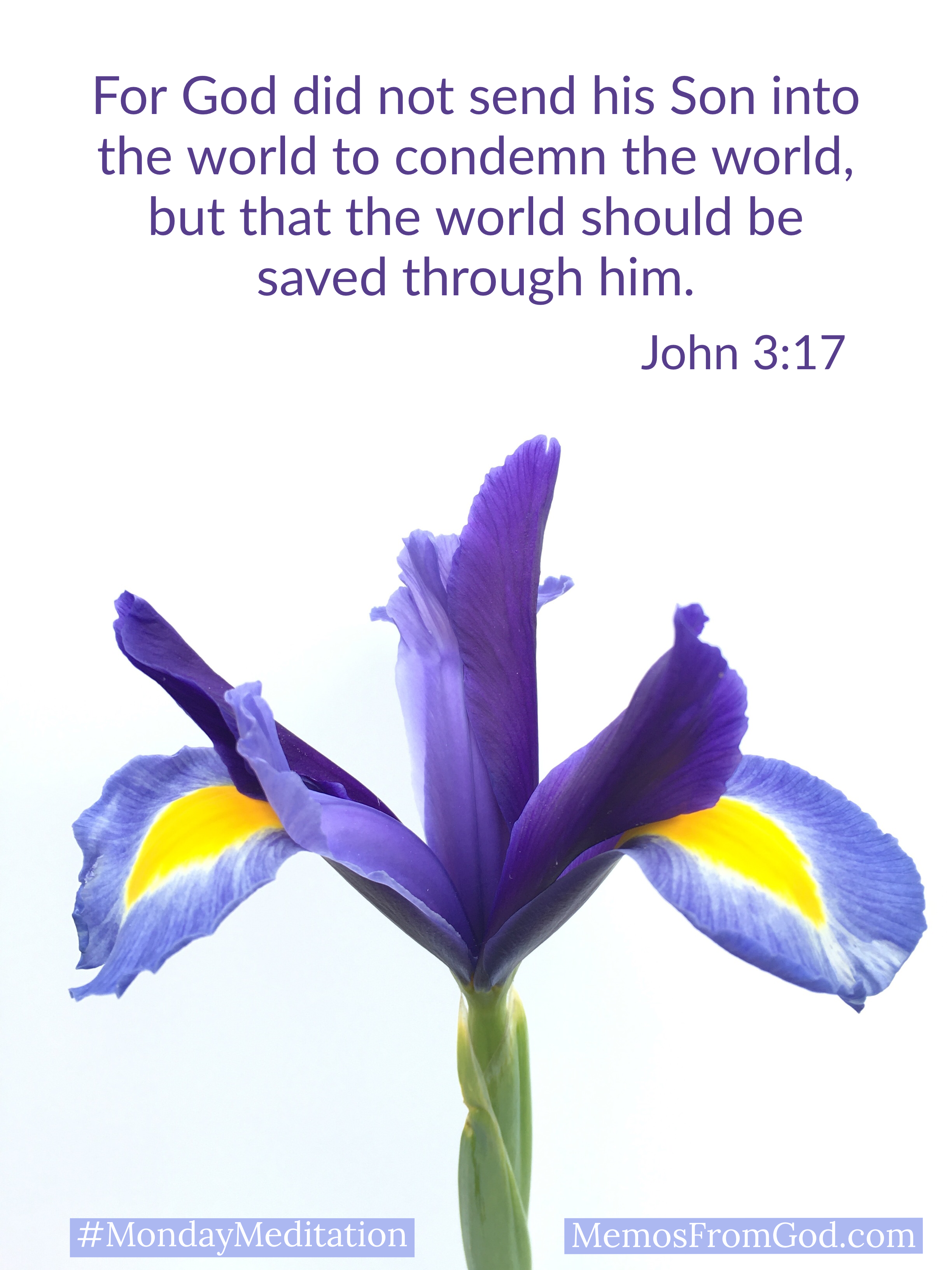

Attempting to Understand the Bible




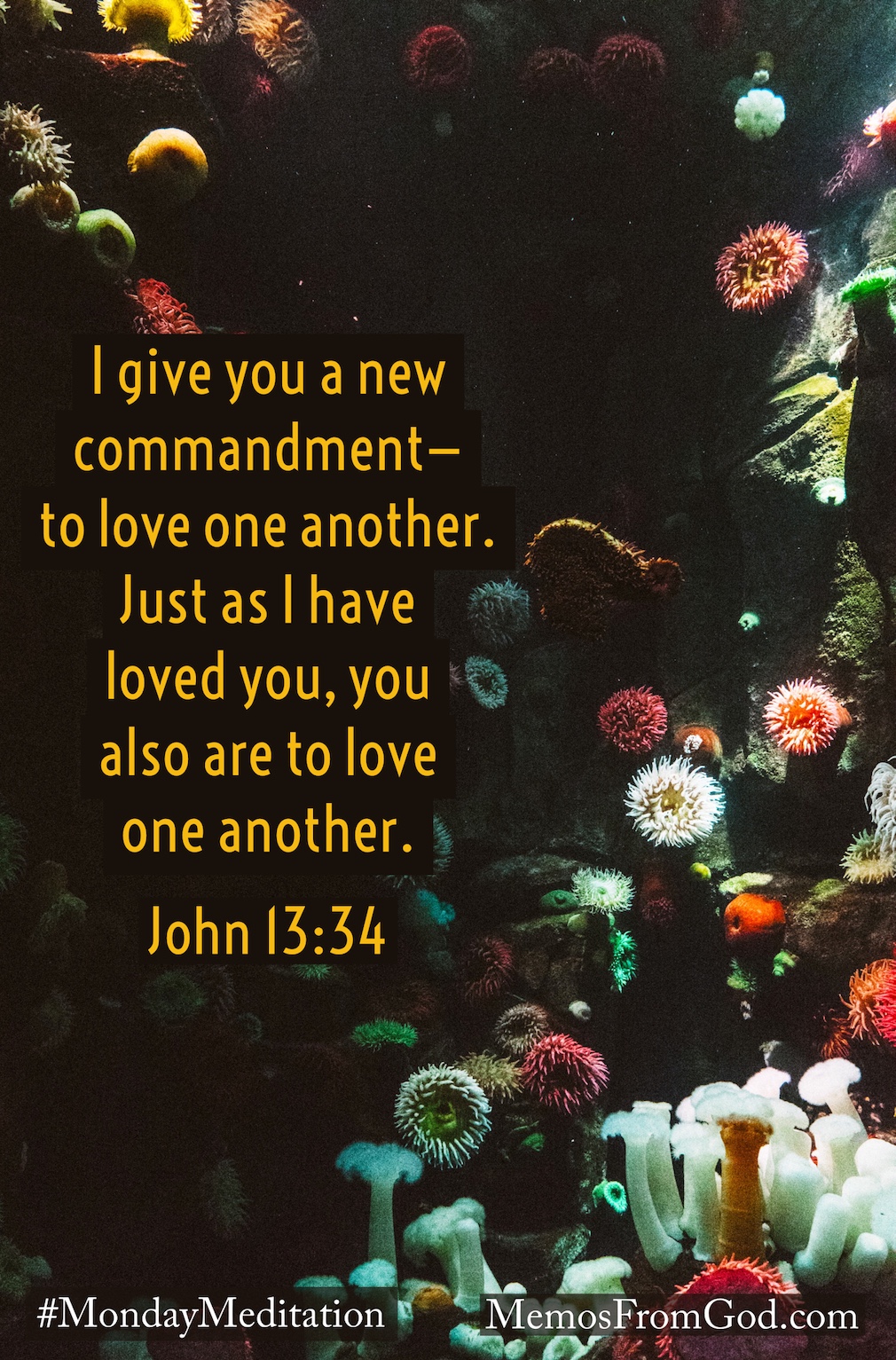
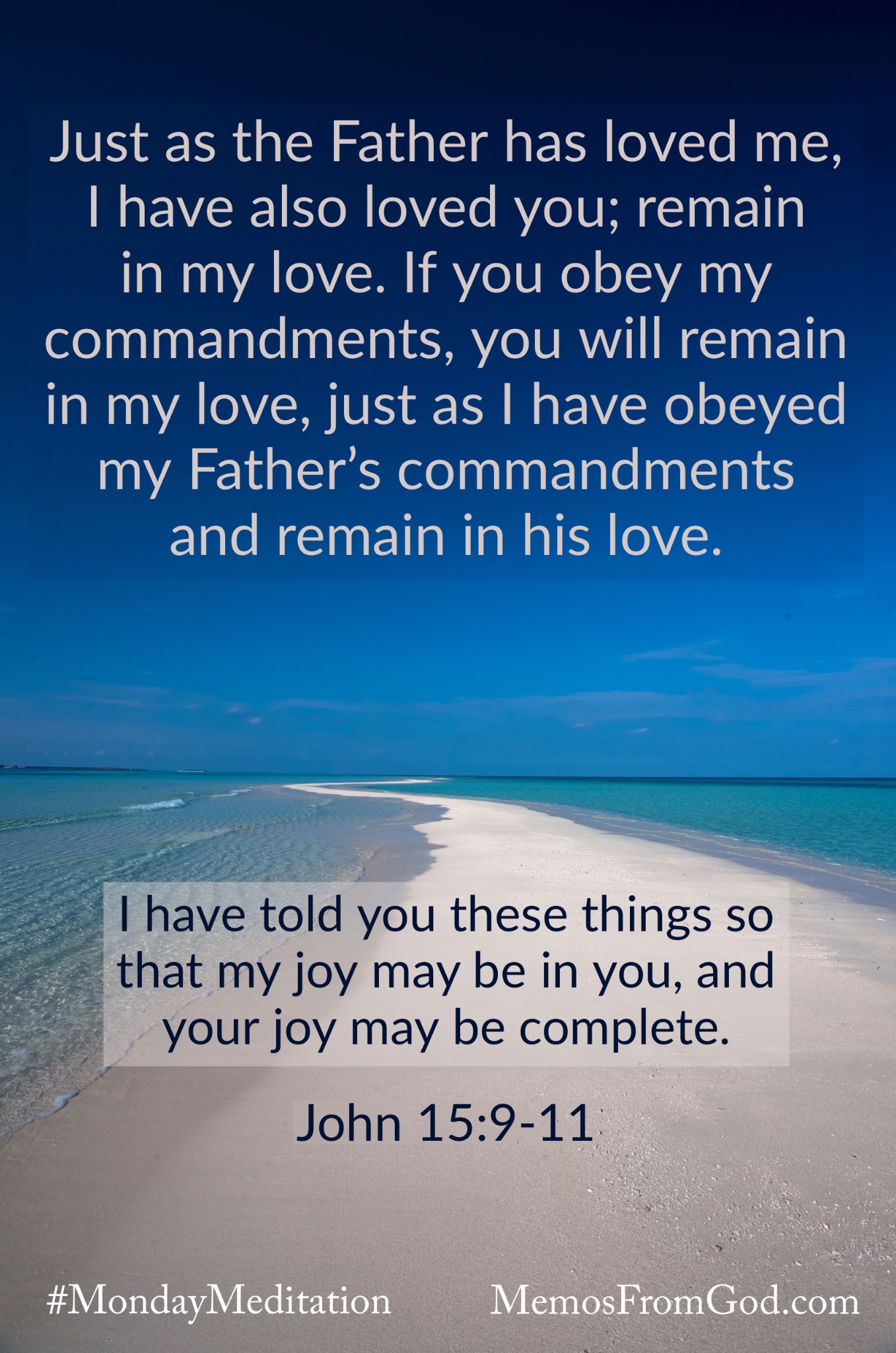
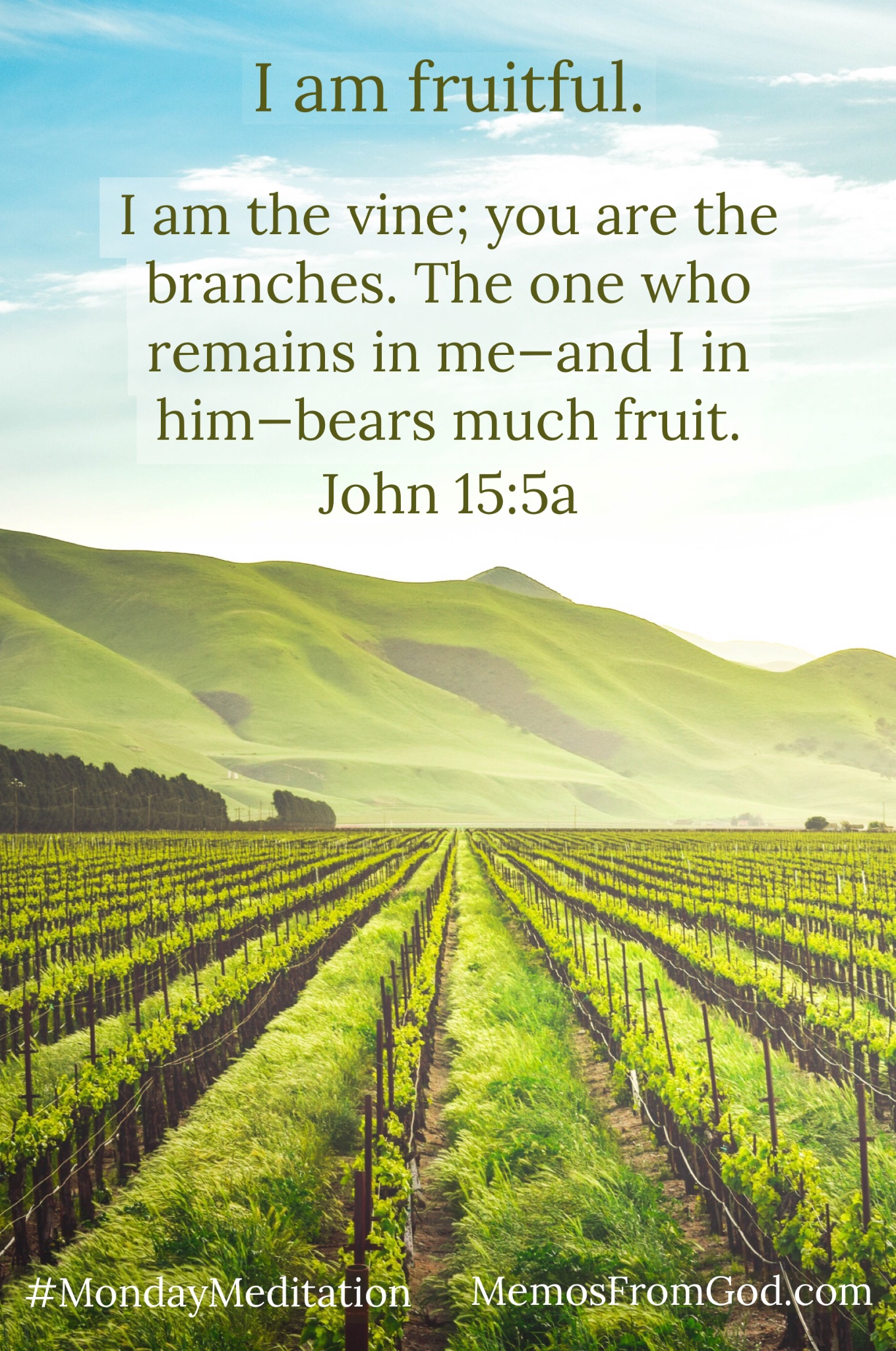
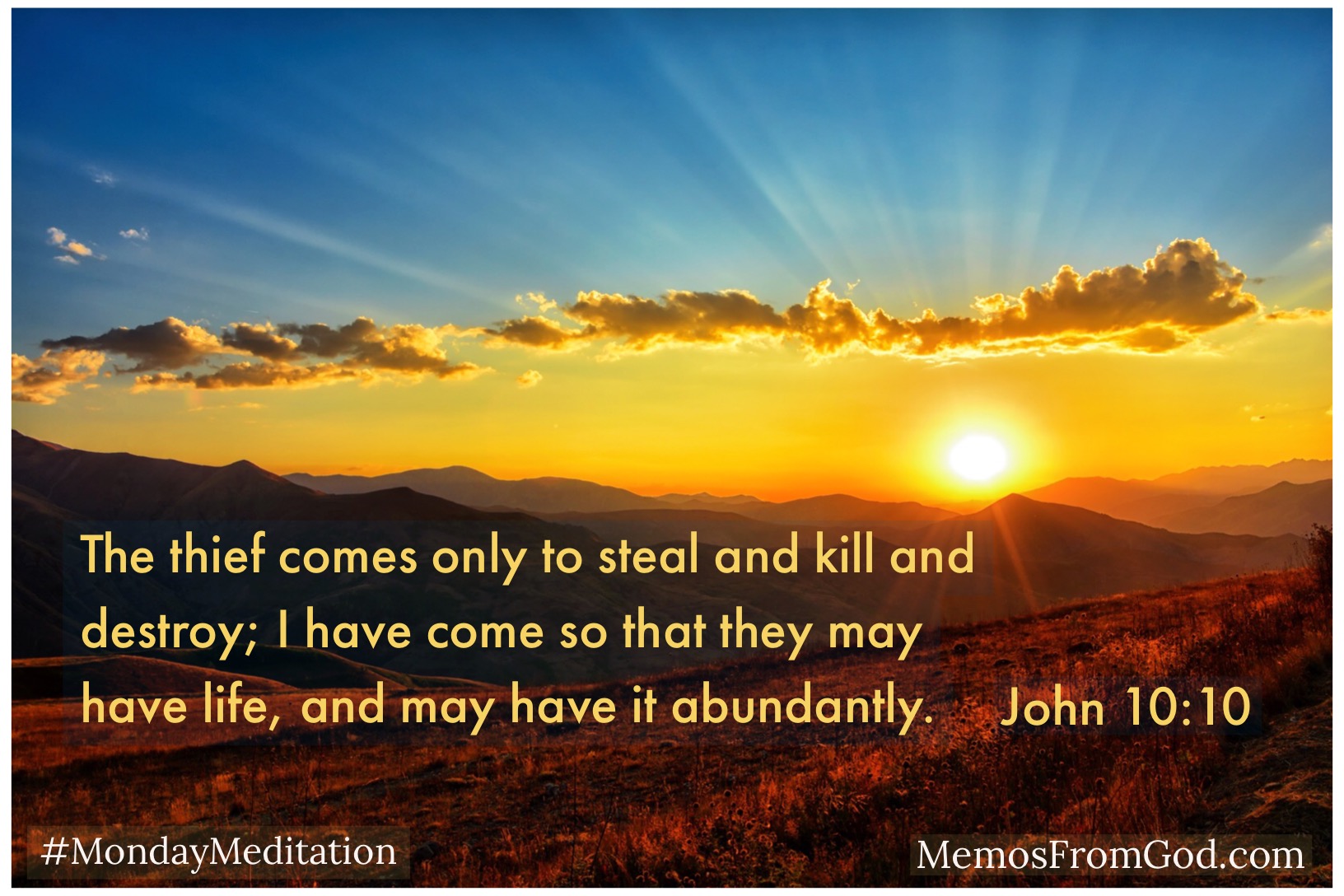
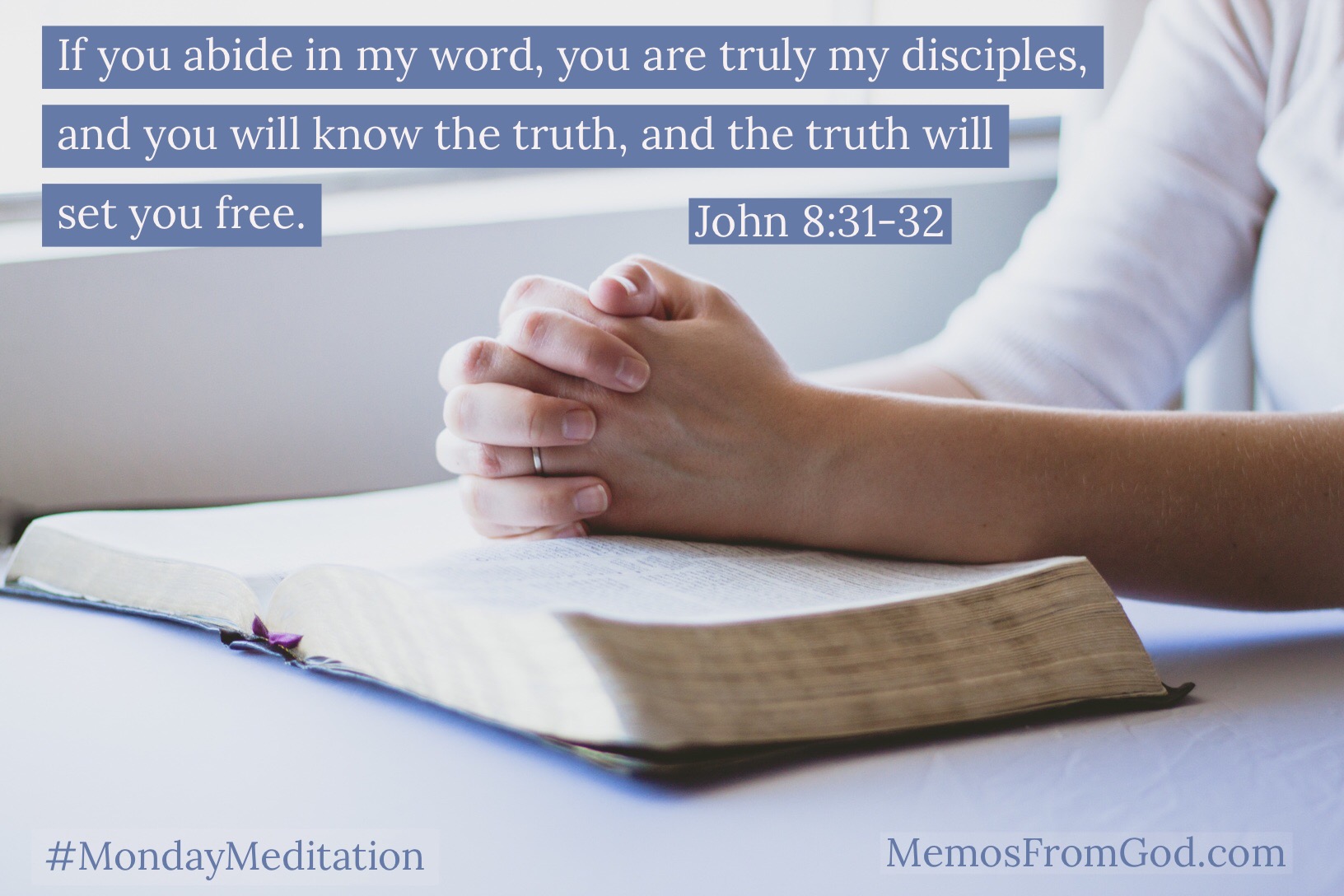
Long-time readers of this blog will know that Rusty Wright has contributed many articles to it over the years. Some have been co-written by his wife Meg Korpi. I was very sad to learn that Meg has passed away after suffering with cancer for the last few years. Today's post is a tribute to her, written by Rusty, and shared with permission.
---------

Recently, when my wife, Meg Korpi, was dying of cancer, a longtime friend offered some advice I'm really glad I heeded.
"Hutch" Hutchins told me I should write a tribute, expressing what she's meant to me and how much I love her. I should frame it, give it to her, and read it to her personally.
Meg was on home hospice care after a three-and-a-half-year struggle with ovarian cancer. I was her primary caregiver – a demanding, 24/7 responsibility – and was reeling with exhaustion. But his advice clicked. I read the tribute to her on May 21, our 16th anniversary.
It had a very positive effect…calming, soothing. She seemed at peace, contented, with brightened spirits. It was one of her last lucid days before dying a month later.
Tribute to a rare jewel
Meg was a rare jewel. In her wedding vows, she had said she wanted me to feel like "the most blessed man alive to be married to" her. I did. In this tribute, I told her that in her, God gave me:
• A gorgeous bundle of fun, adventure, character, and faith
• A godly woman who walks closely with Him
• A faithful friend – my very best friend – and companion
• A keen mind to help me think through life's sometimes perplexing issues
• A wise counselor with sound advice at crucial junctures
• A determined spirit to prompt me to reconsider my course when needed
• A sweet lover (Whew!)
• A fun woman, whose sense of humor brings delight. I love to laugh with you!
Thank you so, so much for loving me unconditionally; for honoring and respecting me; for caring and encouraging; for listening to my heart; for sharing my joys and hurts; for looking out for my interests; for being there through good times and bad; for facing life with me as long as we both shall live.
I love you very much, and am eternally grateful to be your husband.
* * *
Lots of laughter
We loved to laugh. As world travelers, sometimes we laughed about language translation complexities.
60 Minutes television veteran Mike Wallace, speaking through an interpreter, once asked former Russian president Boris Yeltsin if he weren't being a bit "thin skinned" in his sensitivity to media criticism. The interpreter goofed, telling Yeltsin that Wallace had said, "You are a thick-skinned hippopotamus."
Shortly after we married, a speaker at a Miami meeting I attended told of efforts to translate a biblical love poem into the language of a Kenyan tribe. The phrase, "Your beauty is like that of the lily," did not connect with the rural East Africans, for whom lilies were mere cattle fodder. Their culture highly esteemed the cow, not the flower. On the advice of tribesmen, the translators rendered the romantic phrase: "You are a black cow in a herd of spotted cattle."
The speaker relating this tale suggested I use that compliment on my new bride, without explanation. Since Meg was returning to California from Philadelphia that evening, I left the cryptic greeting on our home answering machine. A few hours later, my Miami phone rang. Her first words: "And you are a thick-skinned hippopotamus!"
Most important lesson
At her memorial celebration, I presented all this, then briefly noted a conviction we shared deeply, the most important thing I’ve ever learned. I'm indebted in many ways to my Jewish friends and their heritage for it.
One ancient Hebrew book describes Job, who, despite his slew of troubles, affirmed, "I know that my Redeemer lives." (Job 19:25) That gave him hope.
A skeptic in my youth, I didn't believe my Redeemer lived. I thought it was a fairy tale. Then, my first year at Duke, I heard a lecture about Jesus' Resurrection evidences, given by Bob Prall, who later became my mentor. Jesus was executed and declared dead, wrapped like a mummy, placed in a tomb. A huge stone covered the tomb's entrance, which Roman soldiers guarded. Most of his disciples fled in fear.
Sunday morning, the stone was rolled away, the tomb was empty, but the grave clothes were still in place. Jesus appeared alive. Frightened disciples became martyrs because they believed he had risen.
Attempts to explain this away didn't work for me. The guard was too powerful, the stone too heavy, the disciples too timid. I realized it was true. Jesus had successfully predicted his own Resurrection. If I could trust him in areas like this where I could test him, I had grounds for trusting him in areas where I couldn't test him, such as eternal life and how to obtain it. He said, "I am the resurrection and the life. The one who believes in me will live, even though they die." (John 11:25)
Comforting? True?
Is it comforting to me that I'll see Meg again and spend eternity with God? Absolutely. But it's only comforting because I believe the evidence indicates it's also true. If it weren't true, it wouldn't be comforting.
I realize this is a controversial subject, and you may not agree. If you've not examined the Resurrection evidences, may Meg and I gently and politely encourage you to take a look? Lots of good books and websites present them. Our own site – which Meg designed and built – also presents them. RustyWright.com
We know our Redeemer lives. We hope you can as well.
And…I love you, Sweetheart.
* * *
You can visit Lasting Memories for more on this remarkable woman, including a lovely 5½ - minute memorial presentation of Meg's life (images and music; put together by several family members).
Rusty Wright is an author and lecturer who has spoken on six continents. He holds Bachelor of Science (psychology) and Master of Theology degrees from Duke and Oxford universities, respectively. www.RustyWright.com
Today's post was written by Rusty Wright.
---------
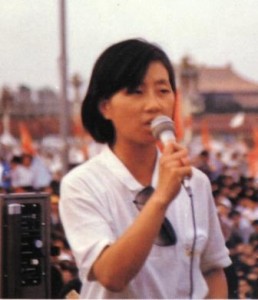 Chinese student Chai Ling helped lead the massive 1989 demonstrations in Tiananmen Square that drew the world’s praise and her government’s wrath. Twice nominated for a Nobel Peace Prize, today this Harvard MBA is a successful businesswoman who still risks persecution to bring reform to China. Her current activities might surprise you.
Chinese student Chai Ling helped lead the massive 1989 demonstrations in Tiananmen Square that drew the world’s praise and her government’s wrath. Twice nominated for a Nobel Peace Prize, today this Harvard MBA is a successful businesswoman who still risks persecution to bring reform to China. Her current activities might surprise you.
For weeks during spring 1989, global attention focused on massive protests in Beijing’s Tiananmen Square. Chai Ling says the protests were “for a better, freer, and more loving China. …We wanted to know the truth about our country, our lives, and our beliefs.”
Love, Hope, Dreams of Freedom
She recalls that “the whole country, and the whole world [were] touched by that energy of love, hope and…glorious dreams that we could be free. Free from hatred…violence…separation… fear.”
“Even the thieves in Beijing called a strike,” she notes, “and stopped stealing to support the movement.”
Government leaders reacted differently.
Tank Standoff
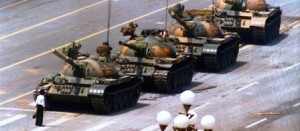 Who can forget the iconic image of that lone protestor standing down a tank? The military crackdown took lives.
Who can forget the iconic image of that lone protestor standing down a tank? The military crackdown took lives.
“When we offered [China’s leaders] love and peace,” observes Chai Ling, “they handed us death and massacre. None of us could believe it at first. How could I believe the People’s Liberation Army would kill its own people?”
“I grew up with them. They were uncles and aunties to me. We love them and they love us. … I raised my head to the sky and asked in silence, ‘Why? Why? Why? Why do they have to kill us for wanting to have a dialogue?’”
Stealthy Escape
High on Communist leaders’ most-wanted list, Chai Ling escaped to Hong Kong in a wooden crate. Her planned eight-hour journey became four days of dark isolation. She eventually traveled to the United States.
She married, had a family, built a successful software company, and donated funds for Tiananmen victims in China. Upset with her activism, Chinese authorities threatened her and her family. Over time, telephone eavesdropping, a hacked computer and mysterious deaths of Tiananmen dissidents brought her confusion and panic.
Unexplainable Peace
Then a friend gave Chai a film based on the biblical Gospel of John. John records Jesus as saying, “I have told you these things, so that in me you may have peace. In this world you will have trouble. But take heart! I have overcome the world.” (John 16:33) “Each time I watched the movie,” she recalls, “and heard the words of Christ, it brought an unexplainable sense of peace and calm into my burning heart.”
At a congressional hearing about China’s forced abortion practice, a victim said finding faith in God had sustained her. That woman’s story would influence Chai Ling’s personal and professional passions.
One afternoon in 2009, Chai knelt in her office and said a simple prayer: “Dear Lord, Jesus Christ, I now accept you as my Savior and my only God. Please forgive all my sins, known or unknown, please come into my heart and guide my life.” Expecting fireworks, instead she experienced “an amazing sense of peace.”
All Girls Allowed
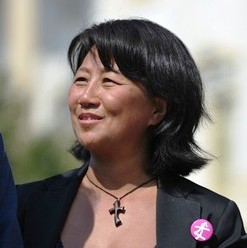 As her faith grew, Chai found a strong desire to present God’s love to China’s leaders and nation. She found a new revolutionary cause, rescuing victims of China’s One-Child Policy and bringing dignity and respect to China’s women. She founded a nonprofit, All Girls Allowed, to help counter cultural preferences for male children that lead to abandoned female babies and aborted female fetuses.
As her faith grew, Chai found a strong desire to present God’s love to China’s leaders and nation. She found a new revolutionary cause, rescuing victims of China’s One-Child Policy and bringing dignity and respect to China’s women. She founded a nonprofit, All Girls Allowed, to help counter cultural preferences for male children that lead to abandoned female babies and aborted female fetuses.
Emphases include “ending gendercide, educating abandoned girls, rescuing trafficked children, defending mothers,” and celebrating “the work of God in bringing life, value and dignity to girls and mothers.” Her 2011 book, A Heart for Freedom, relates her journey and mission.
Definitely a revolutionary worth watching.
---------
Rusty Wright is an author and lecturer who has spoken on six continents. He holds Bachelor of Science (psychology) and Master of Theology degrees from Duke and Oxford universities, respectively. www.RustyWright.com